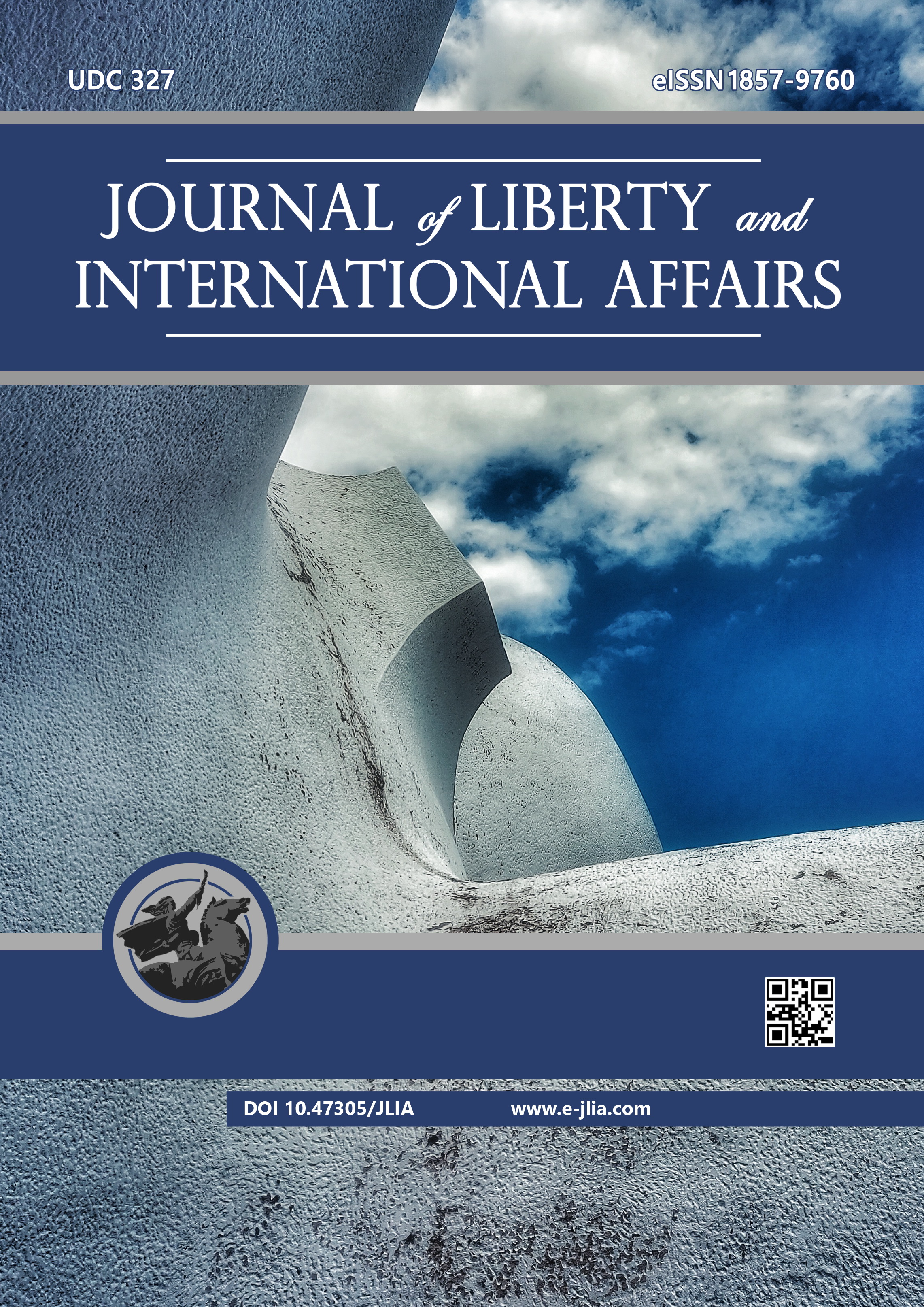THE POLITICS UNDERPINNING THE BRICS EXPANSION
THE POLITICS UNDERPINNING THE BRICS EXPANSION
Author(s): K Thangjalen Kipgen, Sukalpa ChakrabartiSubject(s): Politics / Political Sciences, Politics, Political Theory, Political Sciences, Civil Society, Governance, Government/Political systems, International relations/trade, Security and defense, Military policy, Welfare systems, Developing nations, Politics and law, Politics and society, History and theory of political science, Methodology and research technology, Comparative politics, Inter-Ethnic Relations, Geopolitics, Politics of History/Memory, Politics and Identity, Peace and Conflict Studies
Published by: Institute for Research and European Studies - Bitola
Keywords: BRICS; Expansion Policy; Global Politics; Strategic; Security; Sub-Regionalism
Summary/Abstract: The cooperation of Brazil, Russia, India, China, and South Africa, or BRICS, is a vital organization founded in 2009. In the politics of the modern world, there is no denying the significance of this international institution. Throughout its history, the organization has been a strong supporter of developing nations and has earned the reputation of being a guardian. The announcement that BRICS leaders had agreed to expand their organization during the fourteenth BRICS summit, which was held in Beijing, China, in 2022, garnered a great deal of attention from many different regions of the world. This article examines the reasons behind the BRICS’ considerable involvement in global politics, the expansion policy, and how the BRICS outreach and the BRICS Plus summit or meeting play a role in this sector.
Journal: Journal of Liberty and International Affairs
- Issue Year: 8/2022
- Issue No: 3
- Page Range: 445-458
- Page Count: 14
- Language: English

